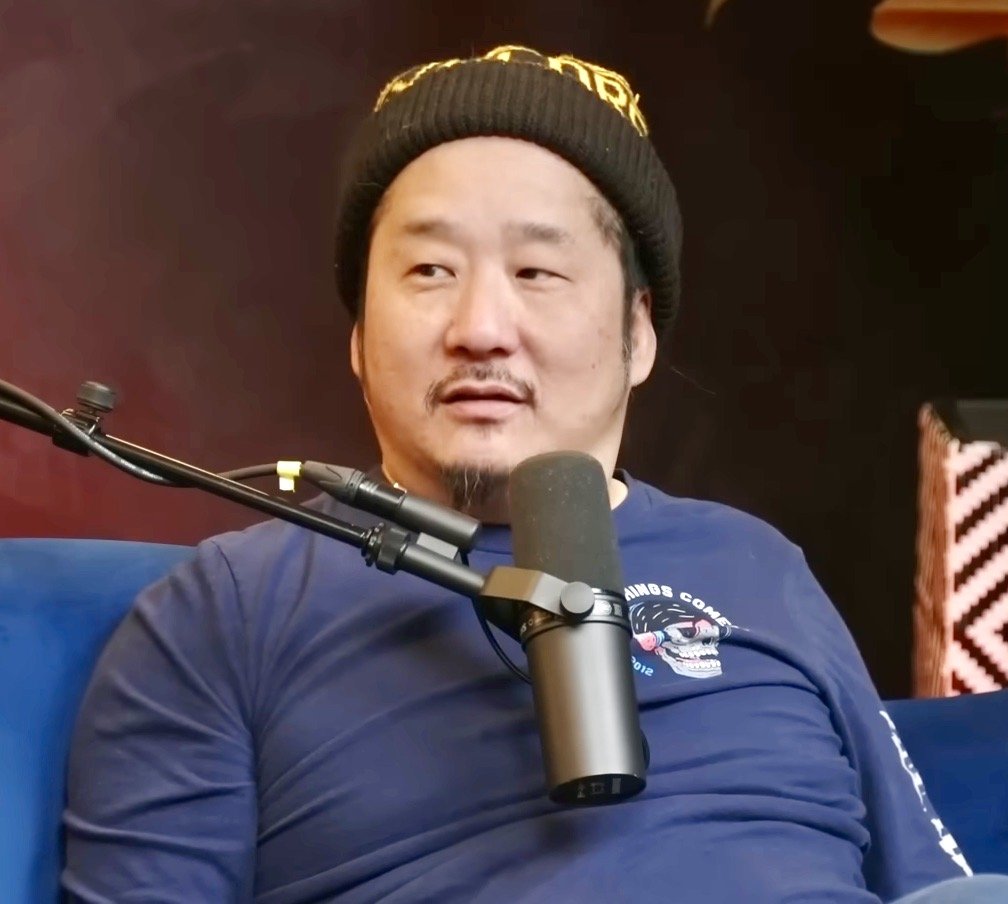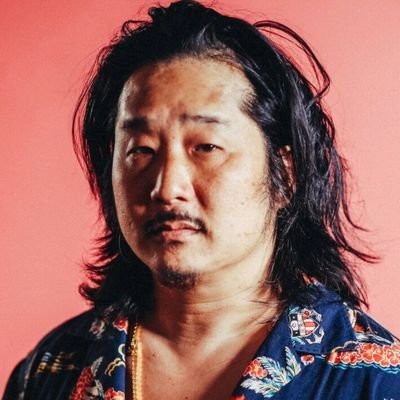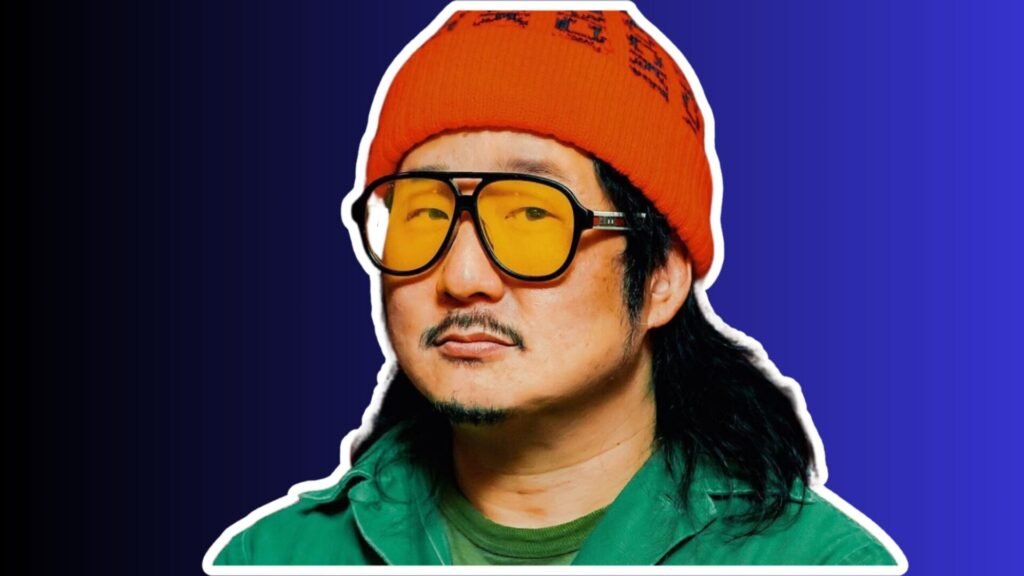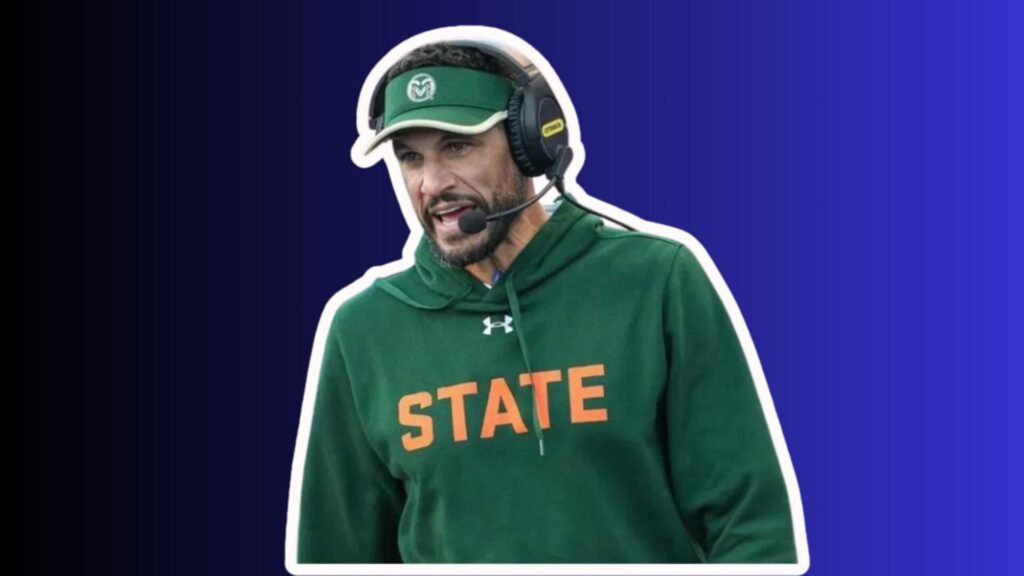Bobby Lee Ethnicity: Bobby Lee, a well-known comedian, actor, and podcast host, is celebrated for his unique humor and charismatic personality. His cultural background has played a significant role in shaping his identity. Understanding Bobby Lee ethnicity, nationality, and ancestry provides insight into the diverse influences that have impacted his life and career.

What is Bobby Lee’s Ethnicity?
Bobby Lee’s ethnicity is Korean-American. Both of his parents are Korean immigrants who moved to the United States before Bobby was born. He has often spoken about his Korean heritage in his comedy and interviews, drawing from his experiences growing up in a Korean-American family. Bobby’s ethnicity has deeply influenced his perspective, shaping both his humor and his approach to the entertainment industry.
Bobby Lee’s Nationality and Origin
| Attribute | Details |
|---|---|
| Nationality | American |
| Place of Birth | San Diego, California, USA |
| Father’s Origin | Korean |
| Mother’s Origin | Korean |
| Raised In | San Diego, California, USA |
Bobby Lee was born and raised in San Diego, California, USA, making him American by nationality. His parents are originally from Korea, giving him a strong connection to Korean culture while also being firmly rooted in his American upbringing.

Bobby Lee’s Family Background, Ancestry & Heritage
Bobby Lee comes from a Korean immigrant family. His parents, who moved to the United States from Korea, worked hard to build a life in California. Growing up in a traditional Korean household in America, Bobby was exposed to a blend of Korean customs and American culture. This dual heritage has shaped his worldview and has been a frequent source of inspiration for his comedy, where he often shares funny and poignant stories about his family and upbringing.
How Bobby Lee Identifies Culturally
Bobby Lee identifies as Korean-American, embracing both sides of his cultural heritage. He often incorporates his Korean background into his comedy, using his experiences to connect with a diverse audience. While he is proud of his Korean roots, Bobby also identifies with his American upbringing, creating a unique blend that is reflected in his work. He uses humor to navigate and explore his cultural identity, often highlighting the challenges and joys of being part of two worlds.

Influence of Ethnicity on Bobby Lee’s Career and Public Image
Bobby Lee’s ethnicity has greatly influenced his career and public image. As one of the few Asian-American comedians to achieve mainstream success, he has used his platform to challenge stereotypes and push for more diverse representation in the entertainment industry. His background gives him a unique comedic voice, allowing him to address topics related to ethnicity, identity, and cultural differences with humor and authenticity. Bobby’s openness about his experiences as a Korean-American has made him a relatable figure to many.
Bobby Lee’s Cultural Representation and Advocacy
Bobby Lee is an advocate for greater representation of Asian-Americans in entertainment. He frequently speaks out about the lack of diversity in Hollywood and the importance of seeing more Asian-American faces on screen. Through his comedy, acting, and podcasting, Bobby aims to break down cultural barriers and promote understanding. He uses his platform to uplift other Asian-American voices and to share stories that celebrate his heritage and challenge societal norms.
Common Misconceptions About Bobby Lee Ethnicity
There are some common misconceptions about Bobby Lee ethnicity. Due to his stage presence and comedic persona, some people might not realize the depth of his connection to his Korean heritage or may mistakenly assume he is from a different Asian background. In reality, Bobby Lee ethnicity is Korean-American, and he is deeply connected to his roots. Understanding his true background helps people appreciate the cultural richness he brings to his work in comedy and entertainment.
By exploring Bobby Lee ethnicity, nationality, and ancestry, we gain a deeper understanding of the cultural influences that shape his identity. His dedication to representing his Korean heritage authentically and his commitment to diversity in entertainment make him a respected figure in comedy today.


